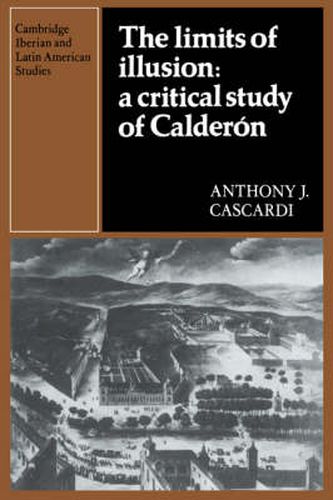Readings Newsletter
Become a Readings Member to make your shopping experience even easier.
Sign in or sign up for free!
You’re not far away from qualifying for FREE standard shipping within Australia
You’ve qualified for FREE standard shipping within Australia
The cart is loading…






This is the first thorough study of Calderon in comparison with other important dramatists of the period: Lope de Vega and Tirso de Molina in Spain, Racine and Corneille in France, and Shakespeare and Marlowe in England. Cascardi studies Calderon’s paradoxical engagement with illusion in its philosophical guise as scepticism. He shows on the one hand Calderon’s moral will to reject illusion and on the other his theatrical need to embrace it. Cascardi discusses plays from every period to show how in Calderon’s best work illusion is not rejected; instead, scepticism is absorbed. Calderon is placed in and defined against the philosophical line of Vives, Descartes, and Spinoza. Of central importance to this argument is Calderon’s idea of theatre and the various transformations of that idea. This emphasis will give the book an additional interest to students, readers in philosophy and comparative literature.
$9.00 standard shipping within Australia
FREE standard shipping within Australia for orders over $100.00
Express & International shipping calculated at checkout
This is the first thorough study of Calderon in comparison with other important dramatists of the period: Lope de Vega and Tirso de Molina in Spain, Racine and Corneille in France, and Shakespeare and Marlowe in England. Cascardi studies Calderon’s paradoxical engagement with illusion in its philosophical guise as scepticism. He shows on the one hand Calderon’s moral will to reject illusion and on the other his theatrical need to embrace it. Cascardi discusses plays from every period to show how in Calderon’s best work illusion is not rejected; instead, scepticism is absorbed. Calderon is placed in and defined against the philosophical line of Vives, Descartes, and Spinoza. Of central importance to this argument is Calderon’s idea of theatre and the various transformations of that idea. This emphasis will give the book an additional interest to students, readers in philosophy and comparative literature.